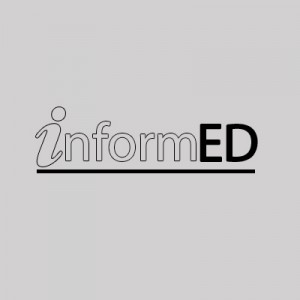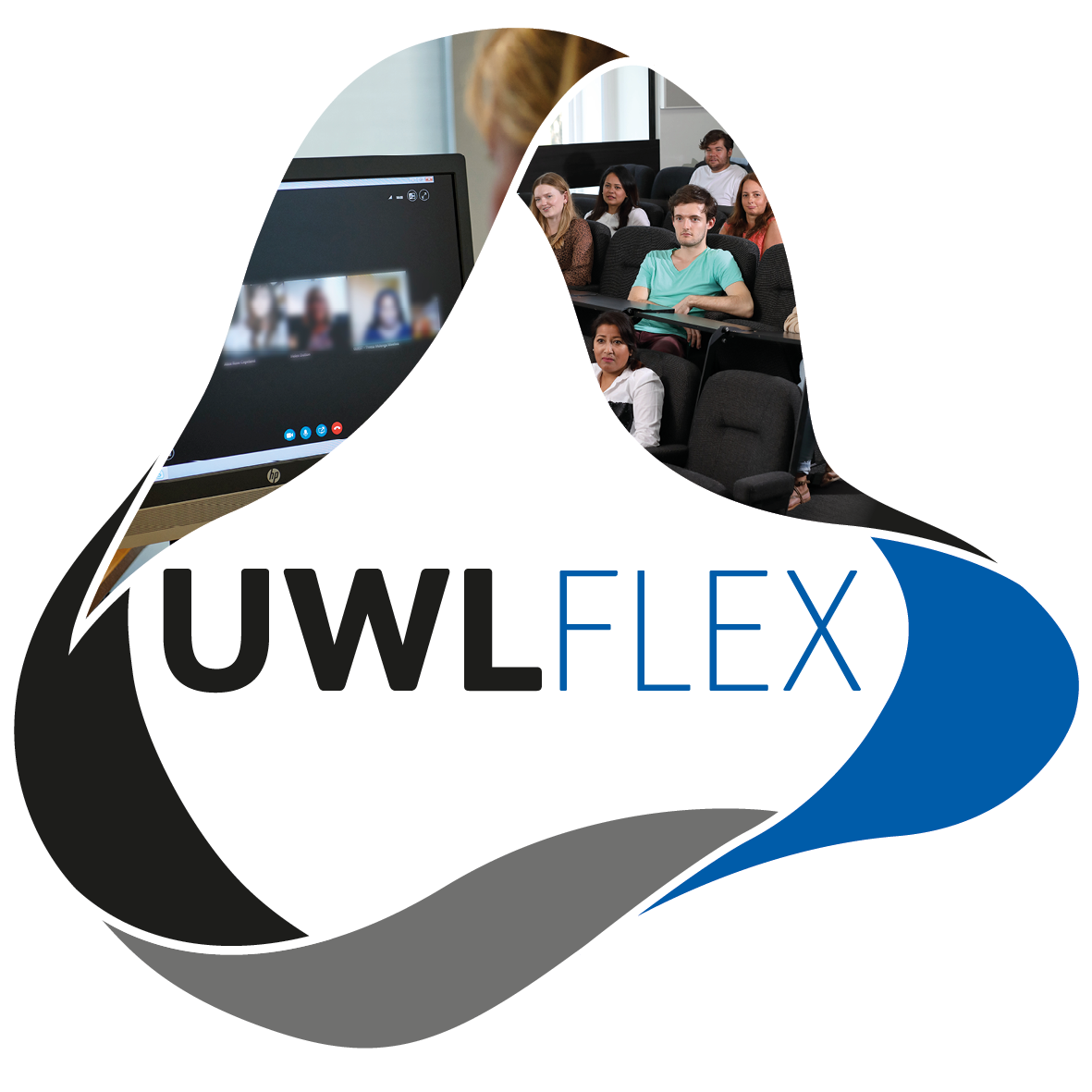 Most of the useful things I have learnt have been by accident or mistake. Very early on, I learnt that if I touch something hot, it hurts. It was a useful lesson. Thankfully, I am not alone in learning useful things this way. The inventor of the laser, Charles Townes, was apparently teased by his colleagues for the irrelevance of his accidental discovery.
Most of the useful things I have learnt have been by accident or mistake. Very early on, I learnt that if I touch something hot, it hurts. It was a useful lesson. Thankfully, I am not alone in learning useful things this way. The inventor of the laser, Charles Townes, was apparently teased by his colleagues for the irrelevance of his accidental discovery.
“Far from having eyesight correction, compact disks, fibre optics, data storage or microsurgery in mind when he invented it, he was just satisfying his desire to split light beams and that was that.”
(Taleb 2008:170)
In fact, most discoveries that have transformed our understanding of the world came about by accident or mistake, because as human beings we are naturally inquisitive. We need to be that way in order to make sense of our experiences.
“Knowledge emerges only through invention and re-invention, through the restless, impatient, continuing, hopeful inquiry human beings pursue in the world, with the world and with each other”
(Freire 1970: 53)
In his book, ‘The Reflective Practitioner’, Donald Schön identifies a process he calls ‘reflection-in-action’, a moment in time, triggered by an unsettling event of some kind, which causes us to reflect and reassess our current perceptions of understandings. He describes it like this:
“The practitioner allows himself to experience surprise, puzzlement, or confusion in a situation which he finds uncertain or unique. He reflects on the phenomenon before him, and on the prior understandings which have been implicit in his behaviour. He carries out an experiment which serves to generate both a new understanding of the phenomenon and a change in the situation”.
(Schön 1983: 68)
This reminds me of the scientific research process, one where we ask questions of prior knowledge, devise experiments to test out those questions, find we have asked the wrong questions and try again and, in so doing, we generate new understandings within our field of study. This curiosity is imaginative, creative, even playful. I love the idea of research as play, where we can conceive of our scholarly activity as “an invitation to the creative play of others” (Schostack 2002:230). That may well be the topic of my next blog post.
If it is, indeed, this process of curiosity, inquiry and creativity which drives all good research, it must also shape our approach to research-informed teaching in higher education. Perhaps it is only when we promote curiosity that leads to accidents and ‘mistakes’, will our students experience those perspective transformations (Mezirow 1990) that will enable them to come to their own new knowledge and understandings; transformations which, in turn, will enable them to excel in their studies and in life.
Perhaps it is a risky strategy to champion accidents and mistakes in my first blog post as the new Director of Learning, Teaching and Enhancement at UWL, but I want to invite you to join me! In responding to them with curiosity and rigorous inquiry, I expect us to learn a whole lot of useful things together.
References
Freire, P. (1970) Pedagogy of the Oppressed, The Continuum Publishing Company
Mezirow, J. (1990) Learning as Transformation: Critical Perspectives on a Theory in Progress (Higher Education), Jossy Bass
Schön, D. (1983) The Reflective Practitioner, Basic Books
Schostack, J. (2002) Understanding, designing and conducting qualitative research in education. Framing the project, Open University Press
Taleb, N. (2008) The Black Swan: The Impact of the Highly Improbable, Penguin
Author: Helen Carmichael is Director of Learning, Teaching and Enhancement and Head of the Institute for Teaching, Innovation and Learning at the University of West London.




